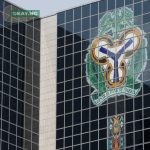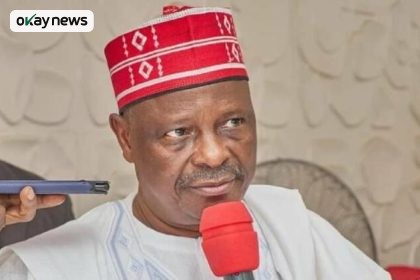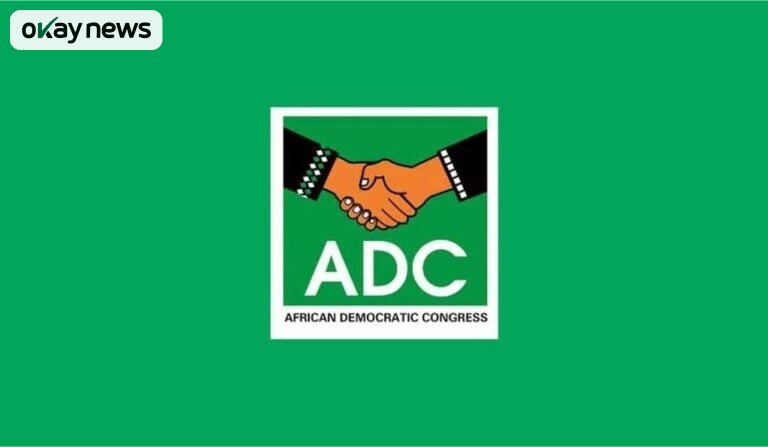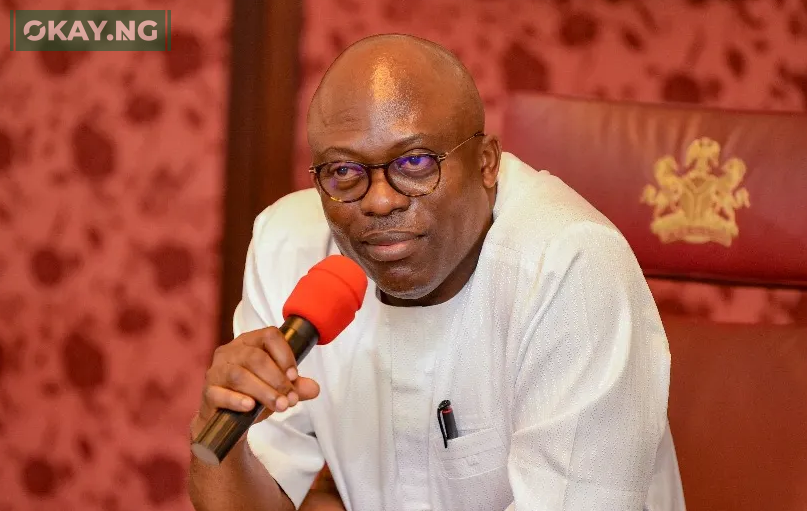Nigeria has renewed its call for sweeping UN Security Council reform, insisting that Africa must be granted at least one permanent veto-wielding seat to correct decades of structural imbalance in global governance.
The demand was delivered on Monday at the 7th African Union–European Union Summit in Luanda, Angola, where President Bola Ahmed Tinubu—represented by Vice President Kashim Shettima—outlined Abuja’s position on peace, security and multilateralism. Okay News reports that the push for UN Security Council reform dominated Nigeria’s intervention at the plenary.
President Tinubu told world leaders that meaningful UN Security Council reform can no longer be deferred, arguing that Africa’s exclusion from permanent membership undermines global legitimacy. He urged the European Union to support “genuine text-based negotiations” under the Intergovernmental Negotiations framework, stressing that Africa’s long-standing request for representation is both “legitimate and overdue.”
The President also linked the urgency of UN Security Council reform to rising insecurity across Africa, pointing to armed conflict, illicit weapons flows, climate stress, irregular migration and political instability. He said these challenges demand stronger international cooperation anchored on African-led frameworks to ensure durable peace.
Referencing Nigeria’s recent security gains, Tinubu disclosed that more than 250,000 Boko Haram-affiliated individuals surrendered in early 2025 following combined kinetic and non-kinetic operations. He said the Multinational Joint Task Force in the Lake Chad Basin remains a model for collaborative African security, noting that over 120,000 surrenders were recorded within its area of responsibility.
The President also highlighted maritime progress through a new Sea-Lift Agreement between the Nigerian Navy and the African Union Standby Force, which is expected to strengthen rapid deployment capabilities for peacekeeping and humanitarian missions—a move he said aligns with Africa’s push for UN Security Council reform and greater global responsibility.
On irregular migration, Tinubu warned that punitive approaches have worsened insecurity. He called for structured labour pathways, skills partnerships and systems that reflect the historical and economic realities of African mobility, arguing that safe and orderly migration should form part of broader international reforms.
The President expressed concern over resurging Unconstitutional Changes of Government in West Africa. He revealed the launch of the Regional Partnership for Democracy—a joint initiative with neighbouring states—to strengthen constitutional rule, counter extremist narratives, and support governance reforms across the region.
Tinubu cautioned external actors against fuelling conflicts in Sudan and South Sudan and reaffirmed Nigeria’s opposition to the use of private military contractors in African crises, saying such involvement undermines sovereignty and complicates peace efforts.
He concluded by thanking the Government of Angola and the European Union for ongoing support, reiterating that Africa’s struggle for representation and UN Security Council reform is essential to global peace, equity and multilateral stability.







